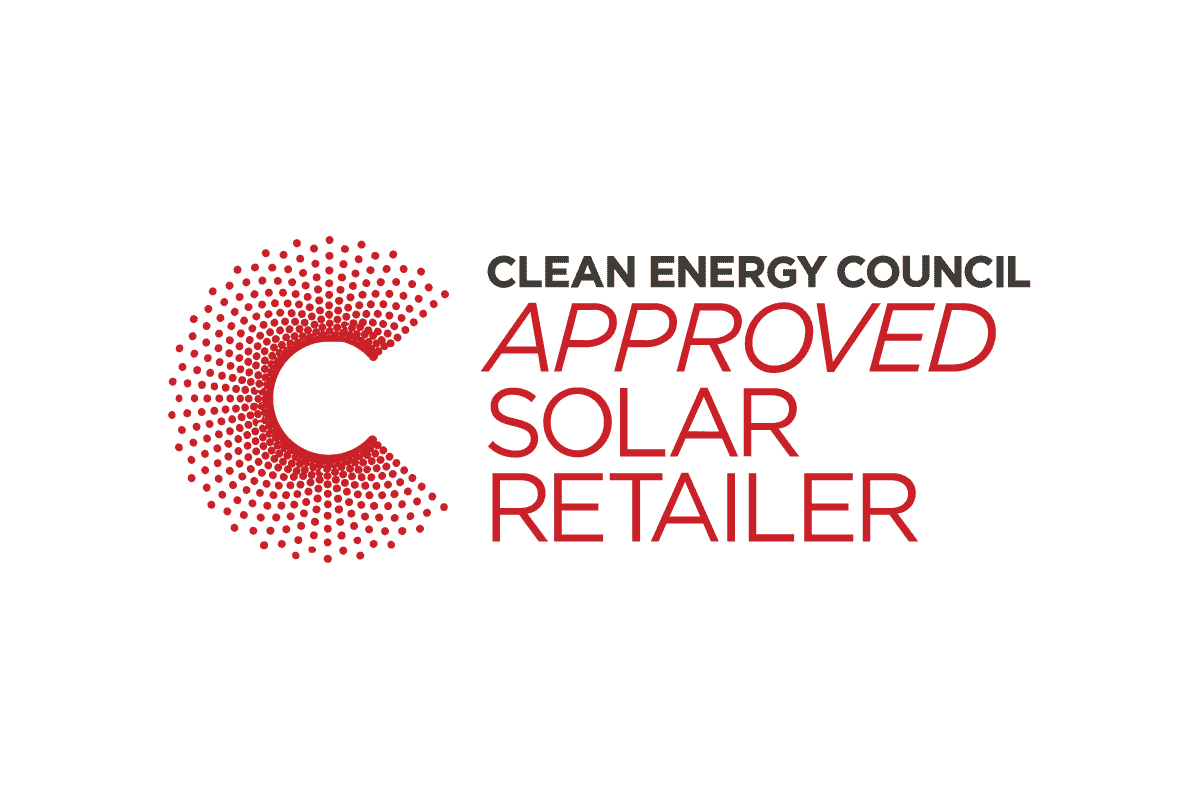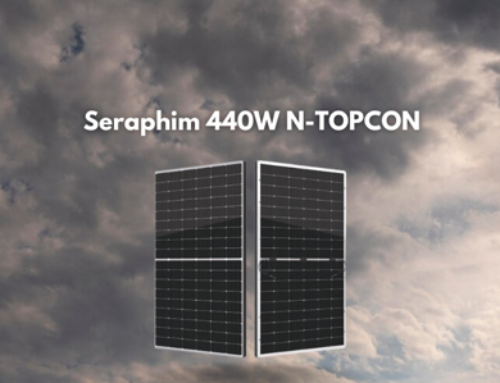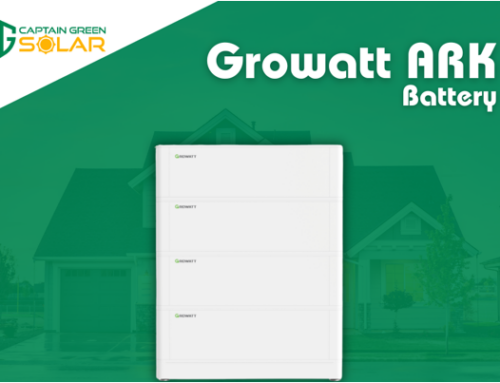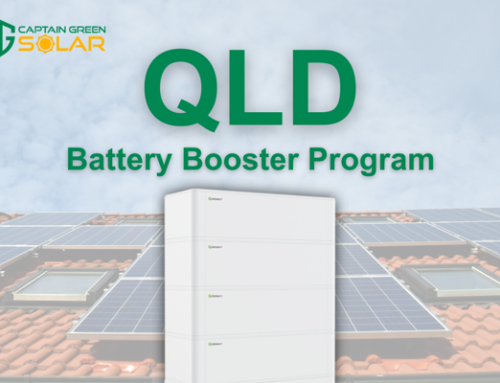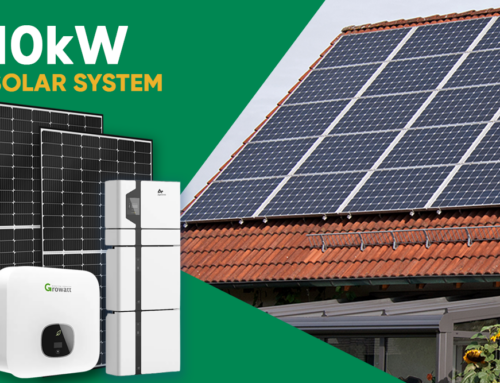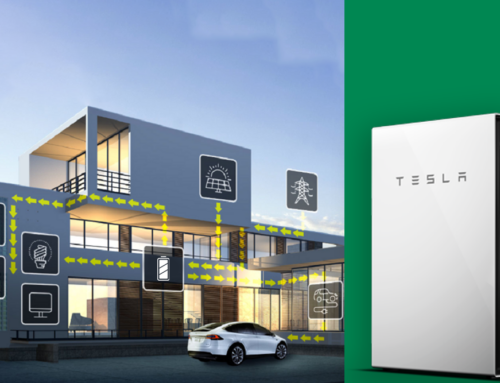The Clean Energy Council (CEC) is the body responsible for overseeing renewable energy, including solar panels in Australia. That means they set the rules for what constitutes good practice within the solar industry. It also means they provide accreditation to certain installers, retailers and system designers. A CEC Approved Solar Retailer must abide by a code of conduct and meet certain standards before becoming CEC Approved.
The program is designed to improve customer confidence and somewhat regulate the industry to maintain high standards. Choosing a CEC Approved Solar Retailer gives you access to government rebates, and also some peace of mind that your installer operates honestly.
What do retailers need for CEC approval?
Becoming a CEC Approved Solar Retailer isn’t simply a matter of knowing how to complete a solar panel installation, or knowing how solar panels work. Retailers must meet stringent standards before becoming approved.
Firstly, and most importantly, retailers must abide by a strict code of conduct. This covers everything from the way they advertise products, the claims they make in their marketing material and of course, how they install solar systems.
They also need to pay fees each year, and this figure varies depending on the retailer’s size. So, it’s not just a free accreditation. Companies pay for the privilege of being CEC Approved because they know it’s worth it.
Likewise, CEC Approved Solar Retailer s must complete paperwork that shows compliance with required policies and procedures. In summary, they need to operate honestly, sell quality products, and comply with all industry standards.
A commitment to responsible sales and marketing
A big part of the CEC Approved Solar Retailer program focuses on sales and marketing. Because the solar industry is still relatively new when compared to others, it isn’t fully regulated yet. This program is a good step in that direction. However, like any industry, there is potential for businesses to make outlandish claims about their products and services.
Part of the CEC code of conduct concentrates on how solar retailers market their products and services. So, it’s about the claims they make in their marketing material, how they communicate government incentives, and much more. Basically, a CEC Approved Solar Retailer needs to be careful about how they sell and market, or they risk having their accreditation removed.
Providing customer confidence
Much of the program is aimed at customer confidence. As we mentioned before, regulation of the solar industry has been slow, which does allow for a nasty element to creep in. You might find companies using dodgy installation methods, or selling cheap and nasty products unsuited to Australian conditions.
The Approved Solar Retailer program aims to highlight the companies that do the right thing, and also make it easy for customers to connect with them. On the CEC website, you can find a list of all CEC Approved Solar Retailer s in your area. If a solar retailer doesn’t use the CEC Approved Solar Retailer logo, it’s worth looking around for one that does.
Receive solar STCs
Another great reason to choose CEC Approved Solar Retailers is you’ll get access to Small-Scale Technology Credits. We won’t go into full detail here because you can read all about STCs in this article. However, STCs are essentially credits applied depending on the size and capacity of solar system you purchase. These credits are added up to give you a discount on the purchase and installation of your solar panels.
STCs were introduced as a way to help the country meet its Renewable Energy Target. It’s not technically a rebate because of the complexity of the system. However, at the end of the day, you get a reduction in the cost of your solar system. However, to receive STCs and get the discount, your system must be installed by a CEC Approved Installer. We’ll touch on the difference between Approved Solar Retailer s and installers shortly.
Access to government rebate programs
While STCs are the main form of federal government rebate at the moment, state governments often provide various schemes and rebates to make it cheaper to go solar. Usually, these rebates and offers are contingent upon using accredited retailers and installers. So, choosing CEC Approved Solar Retailer s ensures you’ve got access to all rebates and incentives currently on offer in your area.
What are CEC Accredited Installers?
It’s important to understand the difference between CEC Approved Solar Retailer s and CEC Approved Installers. Installer accreditation is only given to individuals. Retailer accreditation is for companies. So, you may find solar companies in Australia that aren’t Approved Solar Retailer s, however, they should still employ CEC Approved Installers.
Naturally, Approved Solar Retailer s need to employ only approved installers to maintain compliance. Accredited installers need to prove they have the appropriate licenses, liability insurance, and also have their work inspected. They also need to undertake regular training.
If a company (or individual) tries to sell you a solar system installed by a non-CEC Approved Installer, you won’t get access to STCs. Or, if you do, that business is potentially engaging in fraud.
What about CEC Approved System Designers?
Much the same as Approved Installers, Approved System Designers are a separate thing altogether. An approved designer plans your solar system to meet all Australian Standards and CEC guidelines. It’s possible for an individual to be an approved designer and installer.
When you purchase solar panels, always ensure the person designing your system is approved, because it’s a good idea to have a document signed by a CEC accredited designer.
CEC Members
Finally, there are also CEC Members. These are companies that have paid their membership fees. Essentially, that’s the only requirement of being a CEC Member. Of course, if a company engaged in seriously dodgy practice, they’d likely have their CEC membership revoked. However, it’s essentially a paid accreditation.
While it makes sense for solar retailers to be CEC Members, from a consumer point of view it isn’t a huge selling point. It’s much more important to look for CEC Approved Solar Retailer s, and ensure the work is done by approved system designers and installers.

